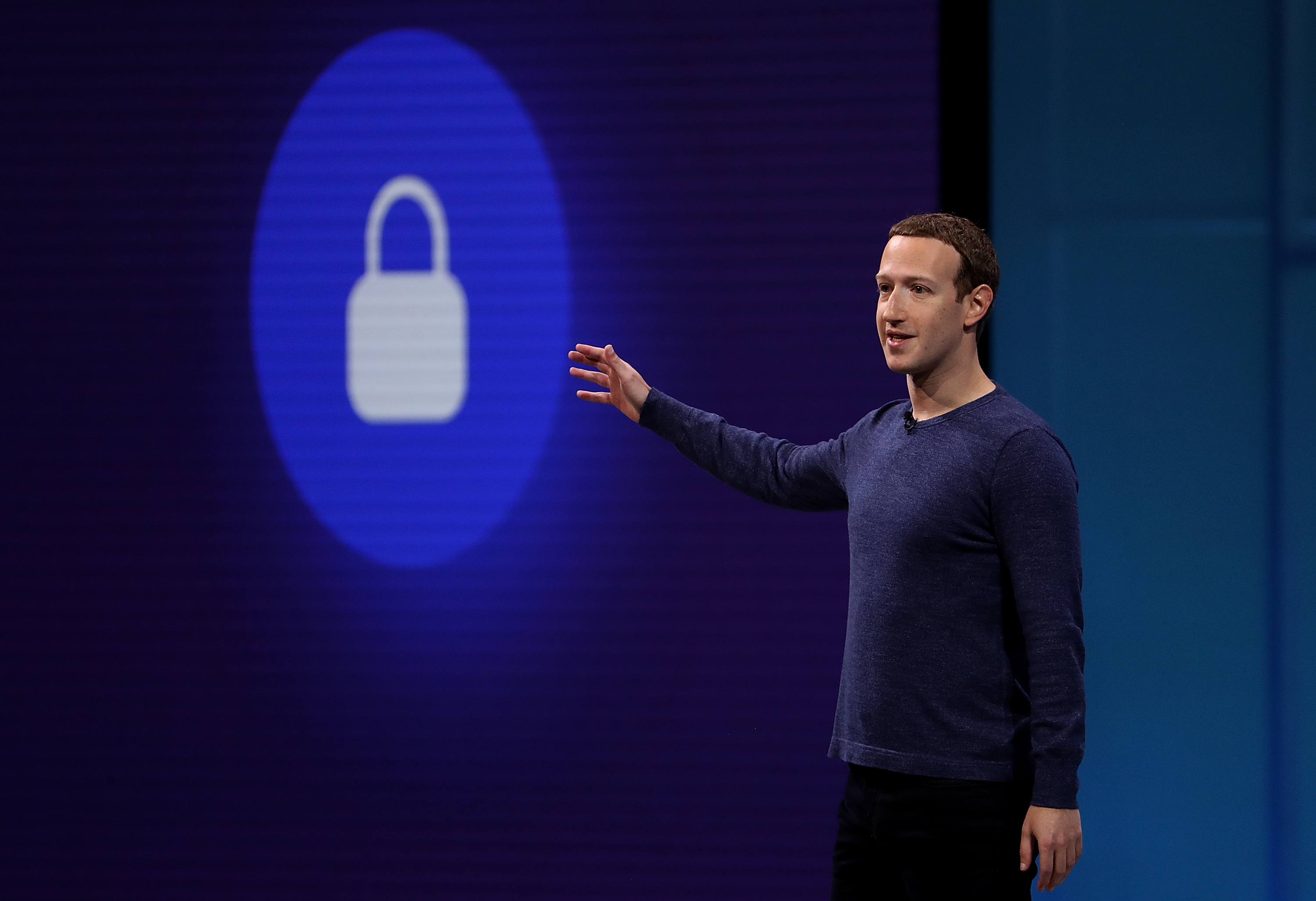Should Mark Zuckerberg’s privacy plans for Facebook be taken seriously?
Tech boss could merge Facebook Messenger with Instagram and WhatsApp

A free daily email with the biggest news stories of the day – and the best features from TheWeek.com
You are now subscribed
Your newsletter sign-up was successful
Facebook founder Mark Zuckerberg has announced plans to radically overhaul the social media site in a bid to improve privacy.
The tech entrepreneur said in a blogpost that his company, along with Facebook-owned site Instagram, could become centred around private messaging instead of the “open platforms” they are today.
“As I think about the future of the internet, I believe a privacy-focused communications platform will become even more important than today’s open platforms,” Zuckerberg said.
The Week
Escape your echo chamber. Get the facts behind the news, plus analysis from multiple perspectives.

Sign up for The Week's Free Newsletters
From our morning news briefing to a weekly Good News Newsletter, get the best of The Week delivered directly to your inbox.
From our morning news briefing to a weekly Good News Newsletter, get the best of The Week delivered directly to your inbox.
“Many people prefer the intimacy of communicating one-on-one or with just a few friends. People are more cautious of having a permanent record of what they’ve shared,” he added.
“And we all expect to be able to do things like payments privately and securely.”
To achieve this, Zuckerberg plans to overhaul Facebook Messenger, Instagram and WhatsApp “so that they are entirely compatible with each other”, The Independent notes. For instance, users would be able to send a message from WhatsApp and receive it on Facebook Messenger.
Part of the plan will see all three systems being encrypted, where data is temporarily scrambled once a user sends a message to another, so that information “cannot be intercepted or read by anybody else”, the news site says.
A free daily email with the biggest news stories of the day – and the best features from TheWeek.com
Zuckerberg also plans to introduce a feature that would permanently delete messages over a period of time.
It’s a dramatic shift from the current model employed by Facebook and Instagram, where users post statuses, pictures and videos for the whole world to see.
But the company has come under fire in recent years over the way it stores and handles user information, prompting Zuckerberg to plan a radical overhaul of his core products.
Should Zuckerberg’s plan be taken seriously?
The announcement is certainly a bold move, but critics argue that the plan is simply too vague.
For example, The New York Times says there are no details on when the plan would come into effect, or what data will be shared between Facebook, Instagram and WhatsApp.
There are also questions over whether Zuckerberg can deliver on his plans.
Facebook has a history of “promoting privacy-forward features”, such as a “clear history” button, but it often takes months for these features to be introduced, or they’re cancelled altogether, The Verge argues.
The tech site’s claims are backed by Zuckerberg himself: “Frankly we don’t currently have a strong reputation for building privacy protective services, and we’ve historically focused on tools for more open sharing.
“But we’ve repeatedly shown that we can evolve to build the services that people really want, including in private messaging and stories,” he concluded.